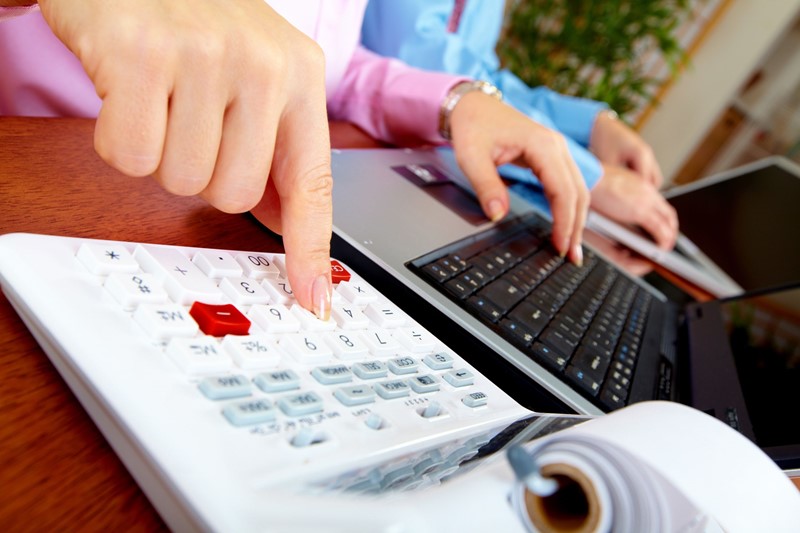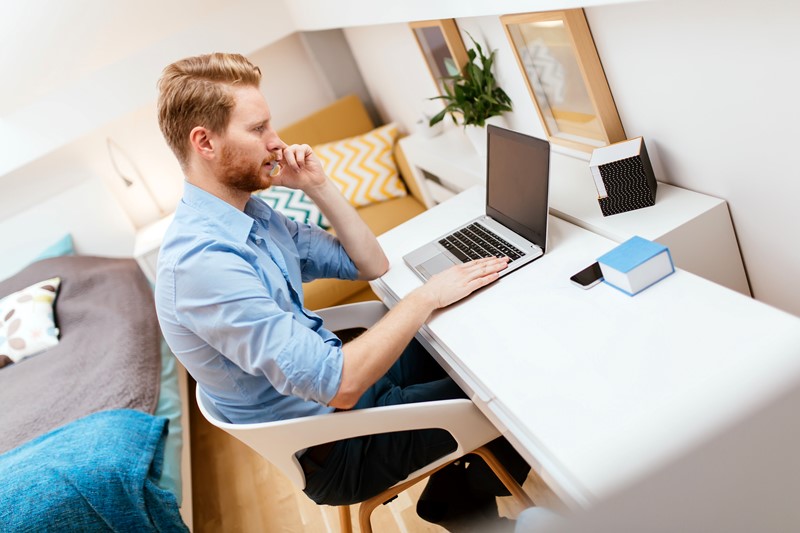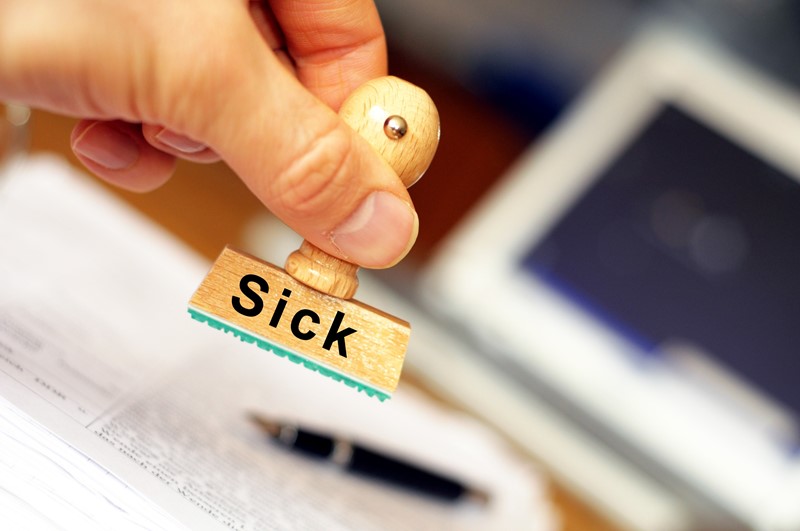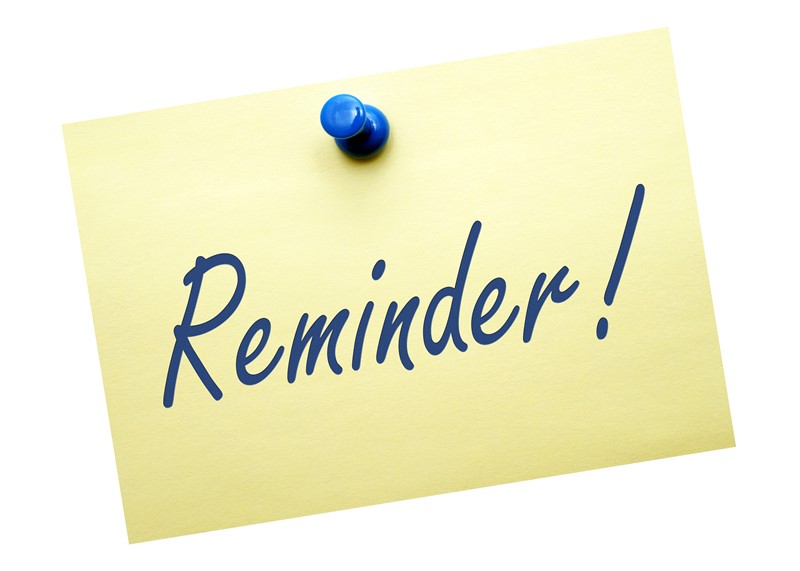If you receive no compensation from your employer for work related expenses you have paid, you can still claim tax relief for some expenses that relate to working from home. HMRC will usually allow you to claim tax relief if you use your own money for things that you must buy for your job, and you only use these items for work. You must make a claim within 4 years of the end of the tax year that you spent the money.
For example, if you use your own uniforms, work clothing and tools for work it is possible to claim for the cost of repairing or replacing small tools you need to do your job as an employee (for example, scissors or an electric drill), or cleaning, repairing or replacing specialist clothing (for example, a uniform or safety boots). A claim for valid purchases can be made against receipts or as a 'flat rate deduction'. However, you cannot make a claim for relief on the initial cost of buying small tools or clothing for work.
Note, you cannot claim tax relief for Personal Protective Equipment (PPE). If your job requires you to use PPE, your employer should either:
- give you PPE free of charge
- ask you to buy it and reimburse you the costs
You may also be able to claim tax relief for using your own vehicle, be it a car, van, motorcycle or bike. As a general rule, there is no tax relief for ordinary commuting to and from your place of work. The rules are different for temporary workplaces where the expense is allowable and if you use your own vehicle to undertake other business-related mileage.








